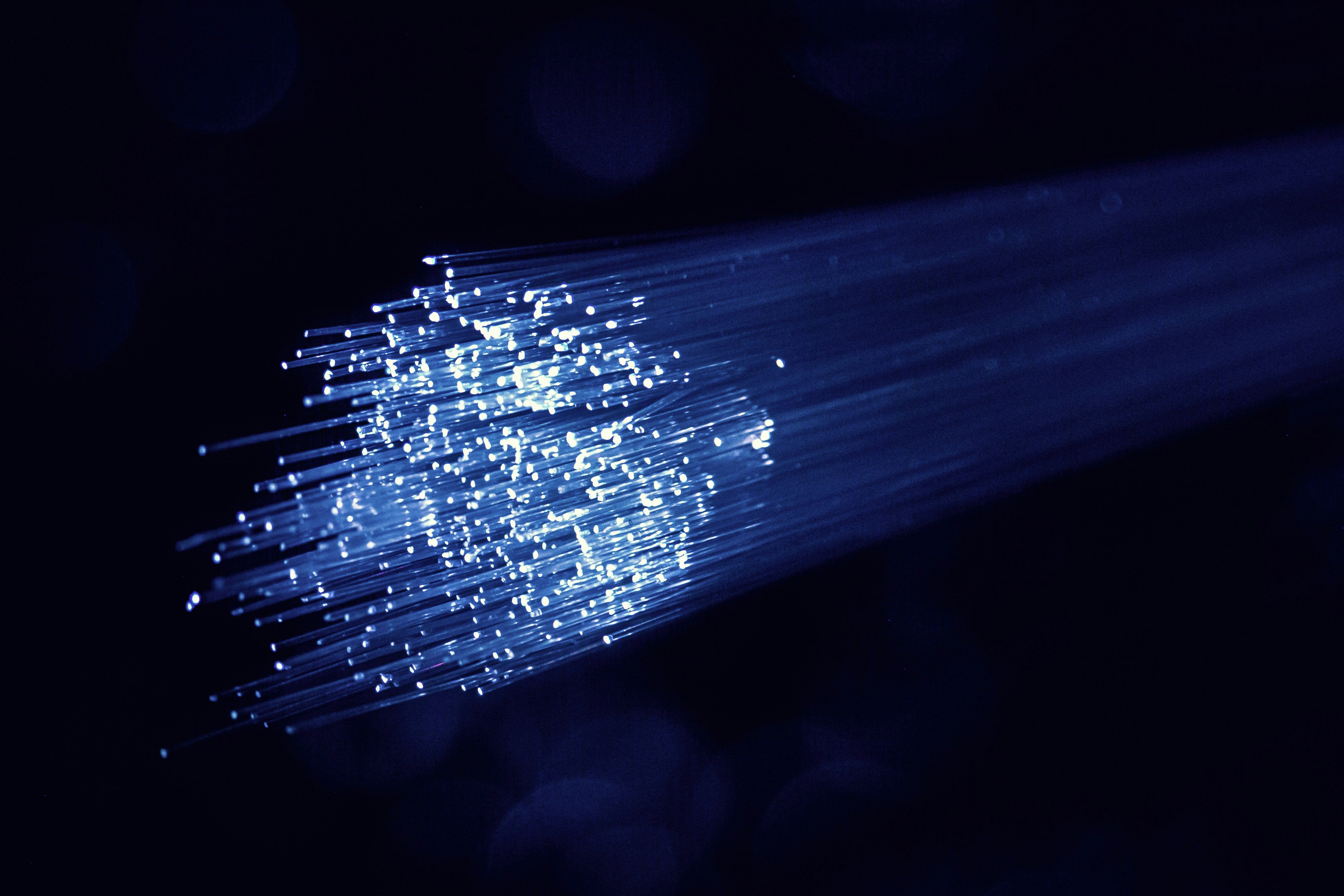What is the Internet of Things or IoT? In this article we will answer the above question and try to analyze important concepts and the challenges that exist.
What is the Internet of Things (IoT)?
The Internet of Things, commonly abbreviated as IoT, refers to the vast network of physical devices around the world that are connected to the internet, collecting and exchanging data. Thanks to the advent of cheap computer chips and the ubiquity of wireless networks, it is possible to turn anything from a pill to an airplane into part of the IoT. This integration of the digital and physical worlds has opened up a new era of technology that improves the efficiency of our daily lives, enhances security and contributes to the economy in new ways.
The evolution of the IoT (Internet of Things)
The concept of IoT has evolved over the years, from its beginnings as a way of monitoring stocks to its current status as a critical component of modern life, affecting industries, homes and cities. With billions of devices connected globally, the IoT ecosystem continues to expand, driven by the decreasing cost of IoT sensors and the increasing speed and availability of the internet. This evolution has made IoT more accessible and applicable in a variety of sectors, from agriculture to healthcare, creating opportunities for innovation and improvement.
Why is IoT important?
The importance of the Internet of Things extends beyond the convenience of smart home devices. IoT has the potential to revolutionise the way we interact with the physical world around us, offering benefits such as improved efficiency, increased security and economic advantages.
Internet of Things – Transforming industries
One of the most important implications of the IoT is its ability to transform industries. For example, in manufacturing, IoT devices can predict maintenance requirements, reducing downtime and saving costs. In agriculture, IoT technology can monitor soil moisture and optimize irrigation, leading to better crop yields. Healthcare benefits from remote monitoring of patients, leading to preventative care and reducing hospital stays.
IoT and improvement can track your shopping and security systems can be monitored from anywhere in the world. This not only improves the quality of life, but also helps to makeeveryday life more familiar
On a more personal level, IoT devices have infiltrated homes, making everyday tasks easier. Smart thermostats learn your preferences and adjust the temperature accordingly, smart fridges save energy and reduce costs.

Economic impact and Internet of Things
The economic impact of IoT is huge. It is predicted that IoT will contribute trillions of dollars to the global economy in the next decade. This economic boost comes from increased productivity, new business models and the creation of previously unimaginable industries. The data generated by IoT devices also provides valuable insights for businesses, helping them to make informed decisions and tailor their services to more effectively meet consumer needs.
Challenges and concerns
Despite its benefits, integrating the Internet of Things into our lives also presents challenges, such as privacy concerns, security risks and the digital divide. As more devices are connected, the potential for data breaches increases, making security a top priority. In addition, there is a growing need to address the digital divide and ensure equitable access to IoT technologies so that all segments of society can benefit from its potential.
What is the future of IoT?
Looking ahead, the Internet of Things is set to become even more integrated into our daily lives and industrial processes. With advances in artificial intelligence and machine learning, IoT devices will become smarter, making autonomous decisions and providing even more personalised experiences. As we navigate this IoT-driven world, it will be vital to balance innovation with ethical considerations, ensuring that technology serves to enhance rather than complicate our lives.
In a few words
In conclusion, the Internet of Things represents a major technological advance that touches almost every aspect of modern life. Its importance cannot be overstated, as it offers numerous benefits ranging from personal convenience to industrial efficiency and economic growth.
However, it is important to remain aware of the challenges it presents, working towards solutions that ensure security, privacy and equal access for all.
At Orthology we provide services and products that can enhance and strengthen your business. To learn more about our services, click here.




